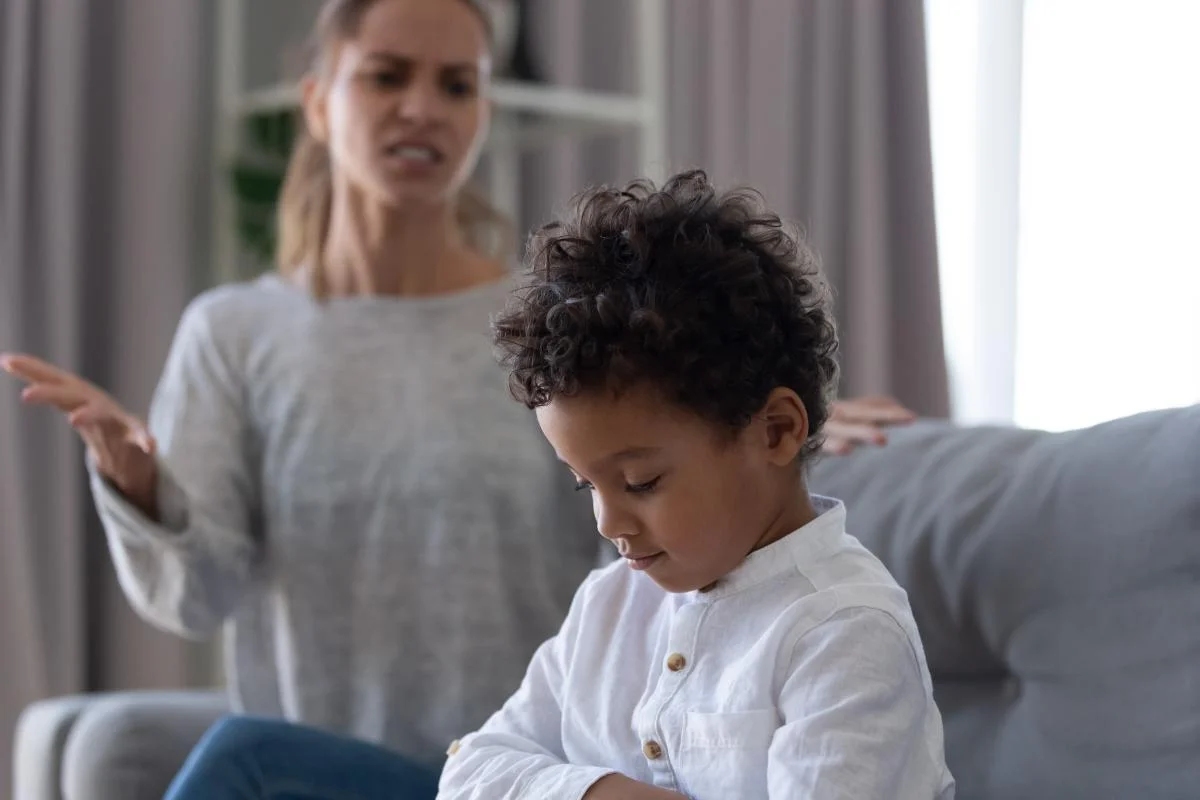You probably feel stressed if you’re a parent wondering if your child may qualify for an autism diagnosis. You want your child to receive the best care available as soon as possible, but facing the realities of this often misunderstood and stigmatized condition can be challenging. At Opya, we’re here to help your family understand the symptoms of autism, consider treatment options, and move forward in a way that works for your child’s unique situation. Call us at (650) 931-OPYA or reach out online to learn more about early intervention for children diagnosed with autism and the host of autism treatment resources we can offer to California families.
What Are Autism and ASD?
Autism and autism spectrum disorders (ASD) originate in the brain. As the word “spectrum” suggests, there is a wide range of severity of the condition, which manifests quite differently for each individual diagnosed. The common denominator is that children and adults diagnosed with autism or ASD cannot process smells, sights, and sounds the way a neurotypical person would. This, in turn, makes it more challenging for them to behave and communicate in ways consistent with the majority of society.
It’s important to point out a few things that the condition is not. Autism and ASD are not linked with vaccination status. They’re likewise not contagious. This means the condition is present from birth and cannot be “caught” or “passed on” like a cold. Finally, autism is not mental retardation. While this condition is present in some children diagnosed with autism, it is not the same thing, and the two do not always co-occur.
What Are the Early Signs of Autism in Children?
The early signs of autism fall into three major categories.
Delayed developmental milestones or regression after achieving a milestone:
Developmental milestones are ages by which, on average, children engage in a certain type of behavior. For example, most babies smile and make eye contact by age six months. A child diagnosed with autism may not do so. By nine months, they might not exchange sounds or facial expressions with caregivers as a neurotypical child would. At one year, a child diagnosed with autism may not engage in age-appropriate babbling, waving, pointing, and responding to their name. Finally, at 16 months, they may speak very few or no words, and at two years may remain unable to create original (not repeated) two-word constructions. It’s also worth noting that children diagnosed with autism sometimes achieve a milestone but then lose the ability later on.
Difficulty with verbal and nonverbal communication:
Nonverbal communication difficulties may result from an inability to recognize emotions or facial expressions in others. Later in life, this can take the form of extreme literalism. This means they may have trouble detecting sarcasm or other tonal subtleties in conversation. Verbal communication differences in children diagnosed with autism can also take the form of unique behaviors such as “stimming” or repeating a self-soothing gesture such as flapping hands, rocking, or spinning in a circle. Echolalia, repeating a word or phrase over and over, is also common in the population.
Social awkwardness:
Social awkwardness often stems from the fact that children diagnosed with autism prefer to be alone much of the time. Sadly, this can lead to social withdrawal or even rejection by their peers. Children diagnosed with autism may also experience a higher-than-usual prevalence of tantrums and even self-injurious behaviors. Because they experience sensory input differently than neurotypical children, they can be easily triggered to strong negative emotion by sights, smells, and sounds that would likely not phase their peers. Changes to expected patterns or routines can also be very upsetting for children diagnosed with autism.
Contact Opya for Information on our Autism Treatment Resources in California
Early intervention makes a world of difference. Data-supported approaches like Applied Behavioral Analysis (ABA) can work wonders. In this treatment model, a therapist works one-on-one with your child to help them gain everyday skills and facilitate social interaction. This provides them with the tools they need most and facilitates a smooth transition into their elementary school years.
At Opya, we serve families in Northern California (Sacramento, Central Valley, San Francisco Bay Area) and in Southern California (notably the Orange County area). Our first priority is to give your child their best possible start in life. We specialize in working with children under six years old because we believe early intervention is key to success for children diagnosed with autism. Reach out online or call us at (650) 931-OPYA to talk further about early intervention for autism and our range of customized treatment programs today.






